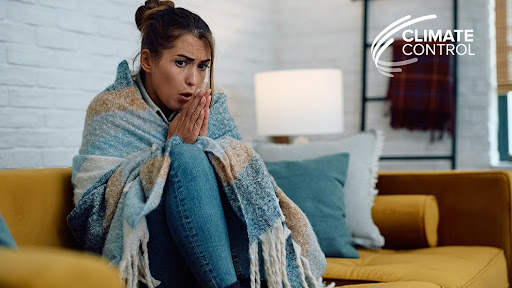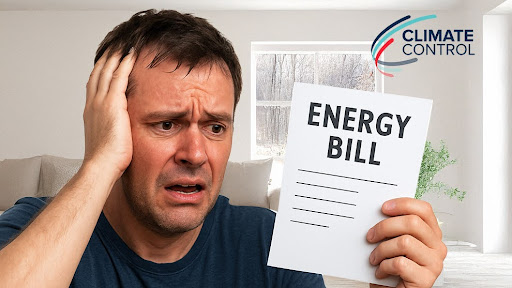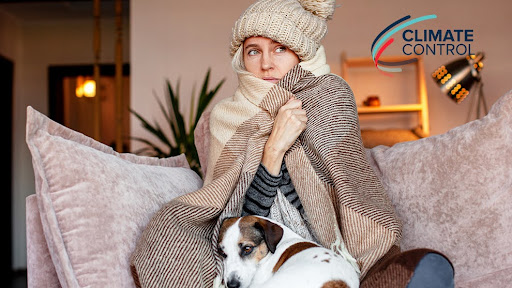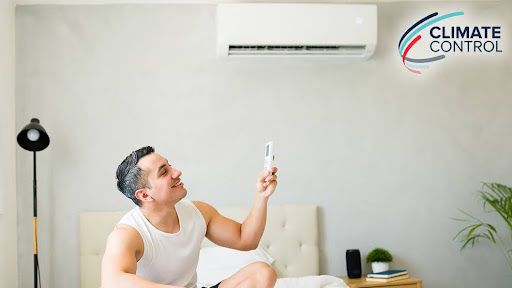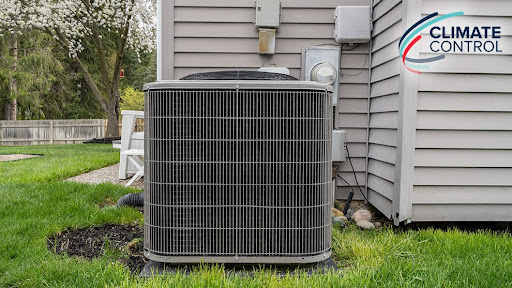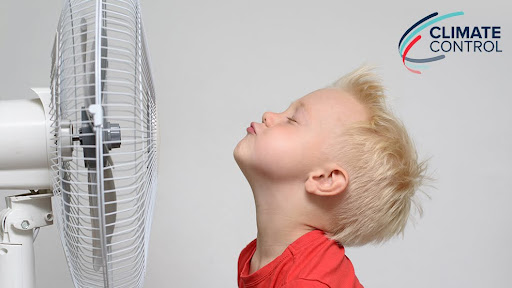No two homes or properties are alike, and different available land areas, soil composition and heating requirements can make different geothermal systems more or less practical. If you’re considering a geothermal installation, one of the first choices you’ll face is whether to use an open-loop or a closed-loop system.
The difference lies in how the fluid in your system circulates. Both installation types use a fluid, generally water mixed with antifreeze, as a medium to transfer temperature between the ground (which remains at a near-constant moderate temperature year-round) and your home (which is subject to the familiar cycles of heating and cooling). In a closed-loop system, the mixture simply cycles through underground loops indefinitely; there is no intake or discharge. The loops can either be installed horizontally, close to the surface; or vertically, deep underground.
In an open-loop geothermal system, however, the water has a source (generally a body of water on the property meeting certain minimum size requirements) and a destination (generally a low-lying area, drainage ditch, or the same body of water it was taken from). Because the water is not carrying chemicals or household water waste, there is no contamination from the process of circulating it through the geothermal system.
Because open loops require a substantial body of water in order to operate, they are much less common than closed-loop systems. Care must be taken when selecting the body of water to ensure that it does not undergo radical seasonal shifts and can support a certain gallons-per-minute flow year-round. For these and other reasons, having a geothermal expert assess your property is a step everyone considering such a system should take.
For more information, or to schedule an assessment, please contact us at Climate Control Company. We’re happy to serve the communities of Aspen, Vail and surrounding areas, and will work with you to design a system that’s right for your home.
Our goal is to help educate our customers in Aspen, Vail and the surrounding Western slope communities in Colorado about energy and home comfort issues (specific to HVAC systems). For more information about geothermal installations and other HVAC topics, please visit our website.
Image courtesy of Shutterstock

